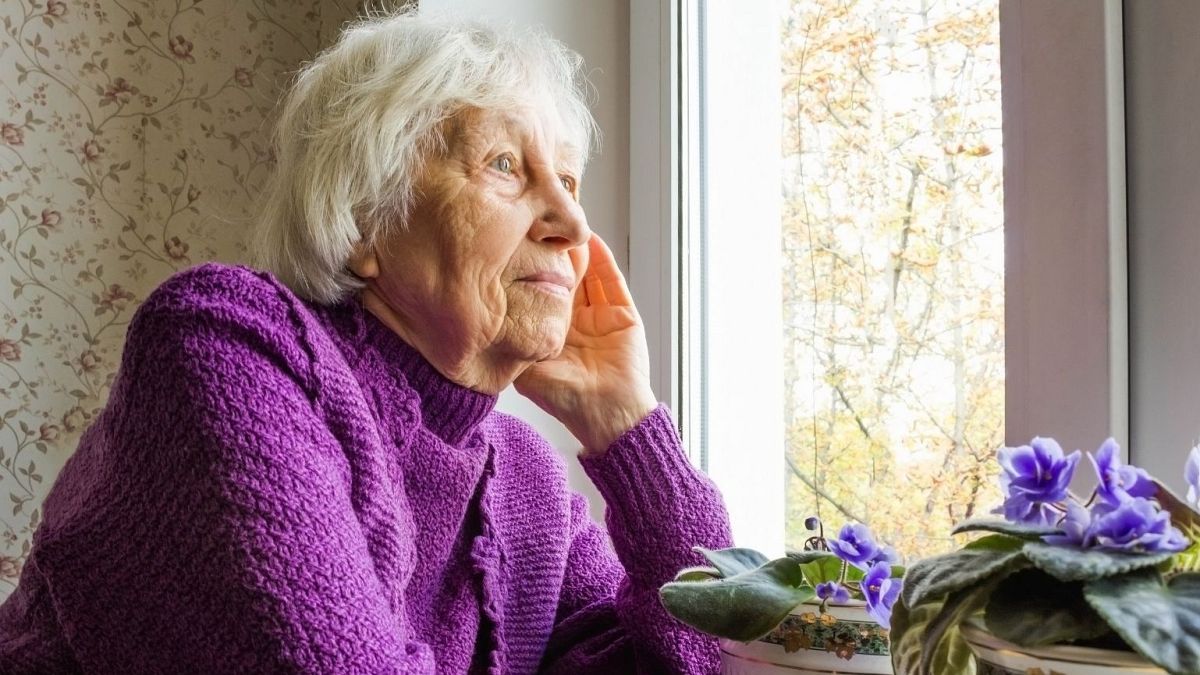

In the serene avenues of human experience and technological advancement, recent insights remind us of the delicate interplay between emotional resilience and the marvels of innovation. Two disparate yet intriguing reports shed light on profound human vulnerabilities and inspiring technological strides, offering a reflective pause on the path of progress.
Recent scientific studies have delved into an emotional bien that affects all humans: grief. It is widely acknowledged that losing a loved one can leave an indelible mark on the heart, but emerging research adds depth to our understanding. A study published has brought to light that individuals experiencing prolonged and intense grief have a significantly higher risk of death within a decade following their loss. The study’s findings, underscored by calm, meticulous research, indicate that the emotional turmoil experienced by these individuals isn’t just a passing phase but an enduring impact on their physical well-being.
Grief, complex and multifaceted, has been shown to affect individuals in various ways through changes in stress hormones and immune function. The physical symptoms accompanying deep emotional pain may indeed underline the phrase “a broken heart.” However, these findings open avenues for compassionate interventions, where mental health support can play a pivotal role in reducing long-term adverse effects. Recognizing and addressing profound grief can become a cornerstone in fostering better health outcomes.
As we gently yield to the contemplations of human emotions, another facet of our collective journey as a civilization unfolds—one defined by groundbreaking technological advancements in AI and robotics. ByteDance, the parent company of TikTok, strides forward with artificial intelligence-designed systems capable of achieving tasks commonplace for humans yet remarkably intricate for machines. Their recent AI-driven robotics can now undertake the nuanced tasks of folding clothes and clearing tables, embodying a calm revolution in household management.
This development heralds a promising era where AI not only augments human effort but harmonizes with daily routines, rendering them more efficient. These advancements result from years of dedicated innovation, melding creativity with precise algorithmic design. Such technology promises to redefine mundane tasks, freeing up human time and energy for more purposeful and fulfilling activities.
The measured evolution in AI capabilities shines a light on the potential for future integration of technology into enhancing human experiences. It presents a vision of a balanced world where technology does not overpower but complements human lives, allowing for greater creativity, connection, and care.
Together, these insights from the realms of emotional health and technology invite reflection on how we can better equip ourselves—both emotionally and technologically—as we navigate life’s landscape. By respectfully acknowledging the breadth of human emotions and embracing innovative solutions, we find ourselves standing on the threshold of a future that harmonizes strength with sensitivity and progress with mindfulness. It invites each of us to engage more fully, as individuals and communities, in our shared journey towards better living.
Source: {link}
